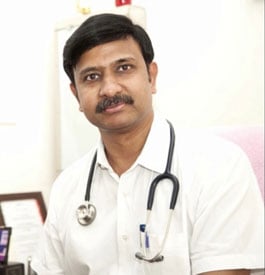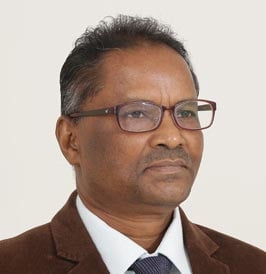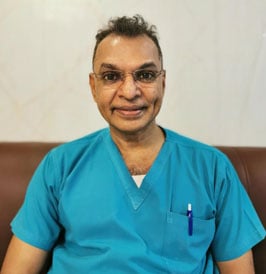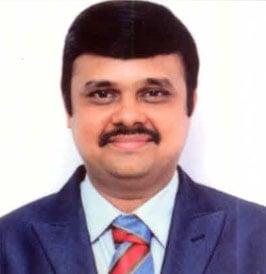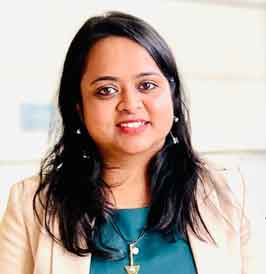Team
What are the first symptoms of cancer?
Cancer symptoms can vary widely depending on the type of cancer and its stage. However, there are some common early signs that individuals should be aware of. Unexplained weight loss, fatigue, persistent pain, changes in the skin, difficulty swallowing, persistent coughing or hoarseness, and unusual bleeding or discharge are all potential warning signs. It’s important to note that these symptoms can also be caused by conditions other than cancer. If any of these symptoms persist or worsen, it’s crucial to consult a healthcare professional for proper evaluation.
What causes cancer?
Cancer is a complex disease that occurs when cells in the body grow uncontrollably. These cells can form tumours, invade nearby tissues, and spread to other body parts. The exact cause of cancer is often multifactorial and can involve a combination of genetic, environmental, and lifestyle factors. Mutations in DNA can lead to uncontrolled cell growth, and these mutations can be inherited or acquired due to exposure to carcinogens, such as tobacco smoke, radiation, certain chemicals, and viruses.
How to diagnose cancer?
The diagnosis of cancer typically involves a combination of medical history assessment, physical examination, imaging tests (such as X-rays, CT scans, and MRI), and laboratory tests (like blood tests and tumour markers). In many cases, a definitive diagnosis requires a biopsy.
What are biopsies?
A biopsy is a procedure in which a small tissue sample is taken from the body and examined under a microscope to determine if cancer cells are present. There are different biopsies, including needle biopsies, core biopsies, and surgical biopsies. Biopsies help identify the type of cancer, its grade, and other important characteristics that guide treatment decisions.
How to perform cancer staging?
Cancer staging is a process that determines the extent and spread of cancer within the body. Staging involves information from various sources, including imaging tests, biopsies, and surgical procedures. The most commonly used staging system is the TNM system, which stands for Tumor size, Lymph Node involvement, and Metastasis (spread to other parts of the body). Staging helps doctors plan the most appropriate treatment and predict the prognosis.
How to treat cancer?
Cancer treatment depends on the type and stage of cancer and the patient’s overall health. Treatment options may include surgery, chemotherapy, radiation therapy, targeted therapy, immunotherapy, and hormone therapy. A combination of these treatments is often used to achieve the best results. The goal of treatment can be curative (to eliminate cancer) or palliative (to manage symptoms and improve quality of life).
How to live with cancer?
Living with cancer can be challenging, both physically and emotionally. Individuals must build strong support systems, including healthcare professionals, family, and friends. Maintaining a healthy lifestyle, managing treatment side effects, seeking psychological support, and staying informed about one’s condition are all essential aspects of living with cancer.
What is cancer survivorship?
Cancer survivorship refers to the period after cancer treatment is completed. It’s a phase in which individuals work on regaining their physical and emotional well-being. Regular medical check-ups, healthy lifestyle choices, and ongoing communication with healthcare providers are important during this phase to monitor for any potential recurrence of cancer and manage any long-term effects of treatment.


